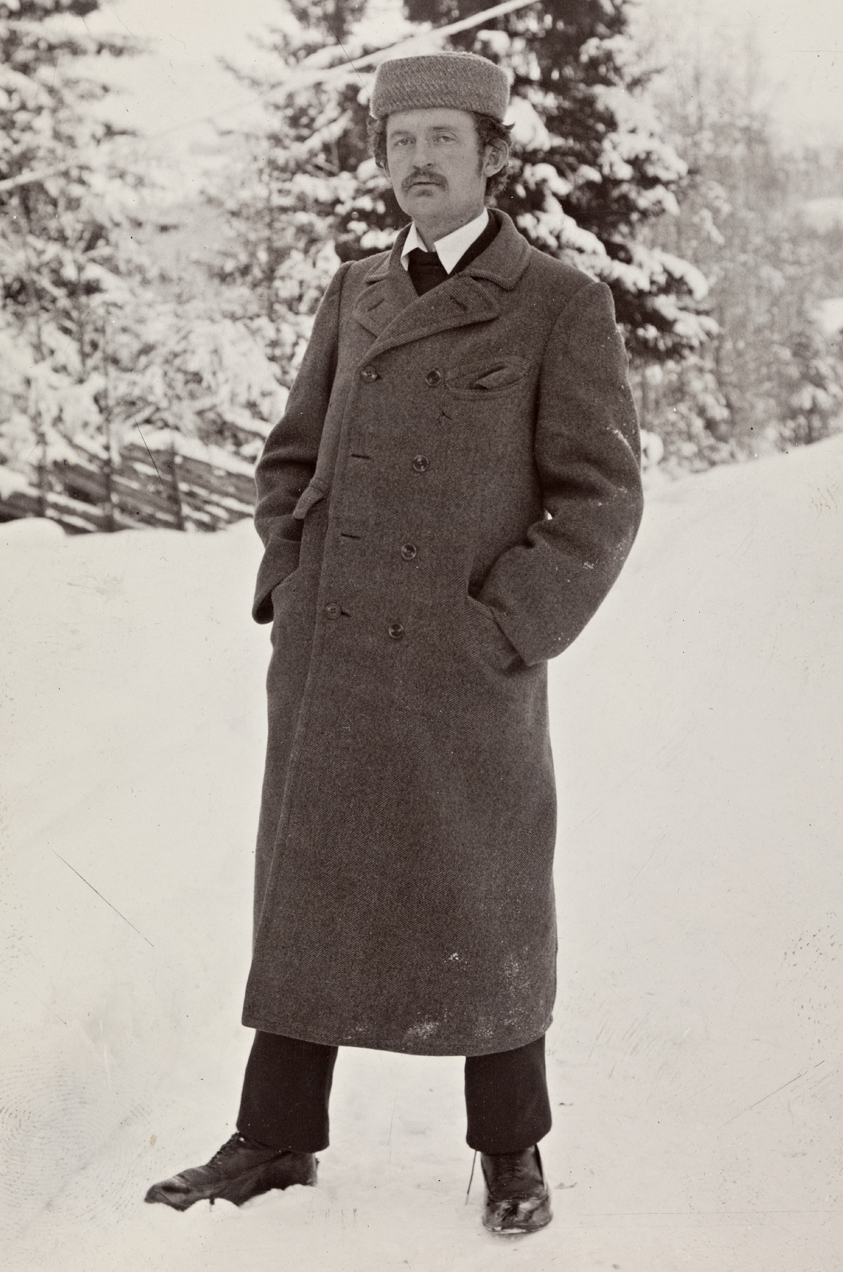Edvard Munch
Norway (1863 – 1944)
Edvard Munch was a Norwegian painter known for his psychologically charged, expressionist paintings. Born on December 12, 1863, in Löten, Norway, Munch's early life was marked by familial tragedies, including the death of his mother and two sisters from tuberculosis. Despite these hardships, Munch developed a unique style that became a cornerstone of modern art. His most famous work, "The Scream" (1893), symbolizes the anguish of modern man and has become one of the most iconic images in art history. Munch's later years were spent in Norway, where he continued to paint and was celebrated for his contributions to modernism.
Adolf Hitler did not like the Norwegian painter, saying his work is "degenerative art." He removed all of Munch's pieces from German museums before World War II. For all we care, those prehistoric Stone Age culture barbarians and art-stutterers can return to the caves of their ancestors and there can apply their primitive international scratching," said Hitler in 1937.
Life here [in Paris, 1885] is quite different. You hardly ever see a dog on a lead; you come across little wagons being pulled by dogs that are often so small that you can't imagine how on earth they manage to shift such enormous weights. You see shepherdesses in the middle of the street herding goats and sometimes playing on their flutes. I think I'll go to the Louvre and the Salon today.










